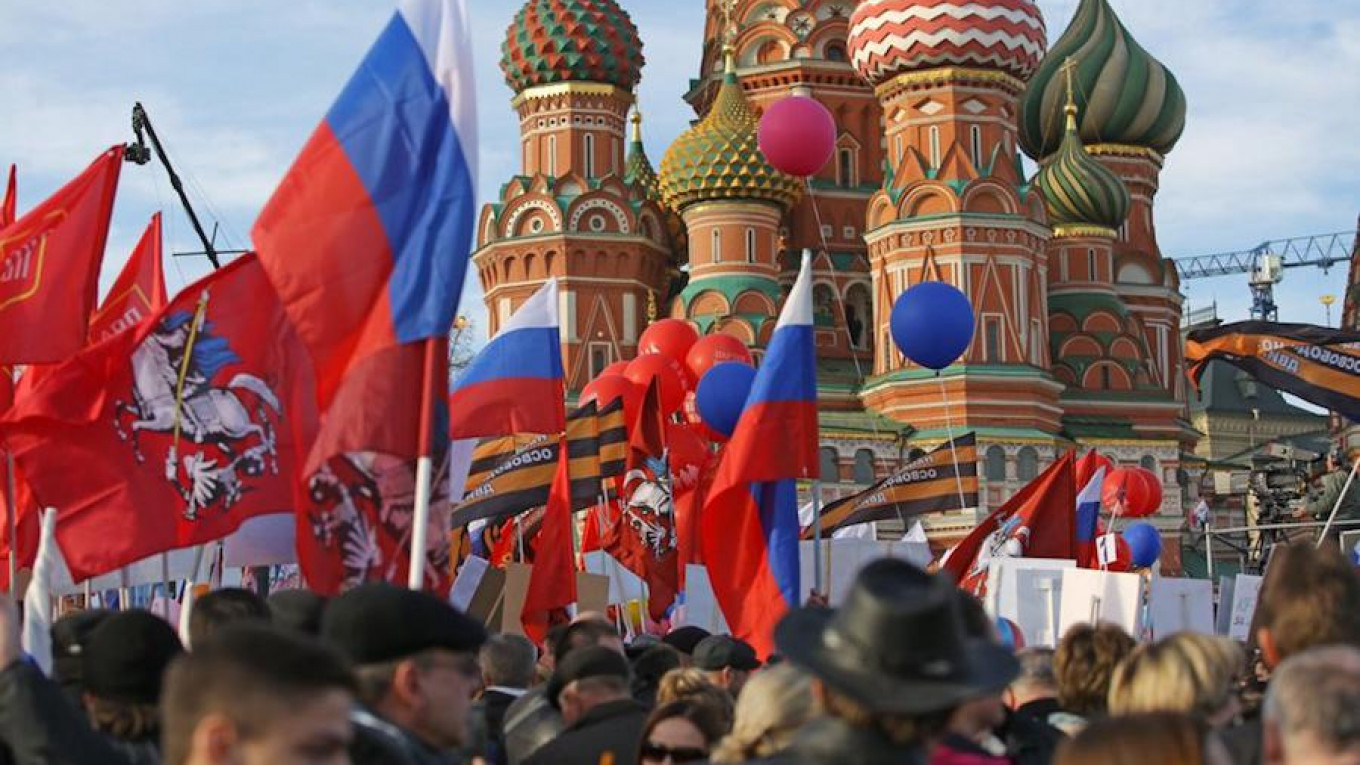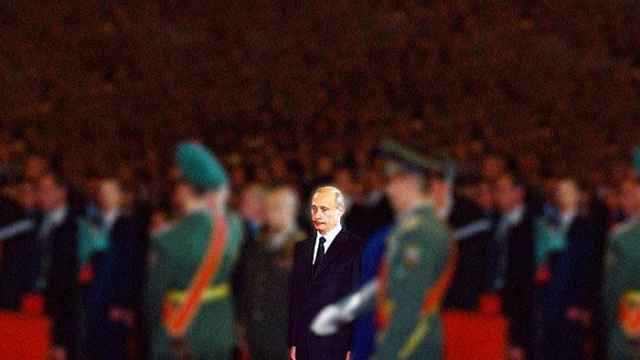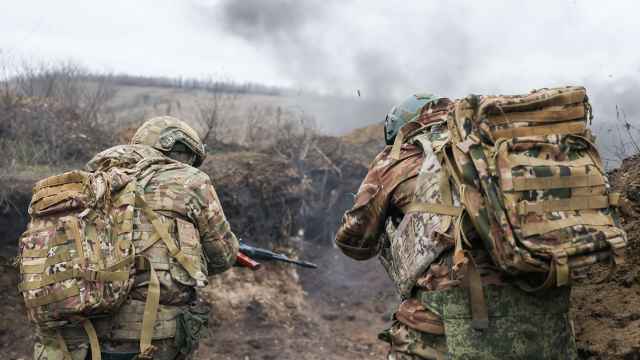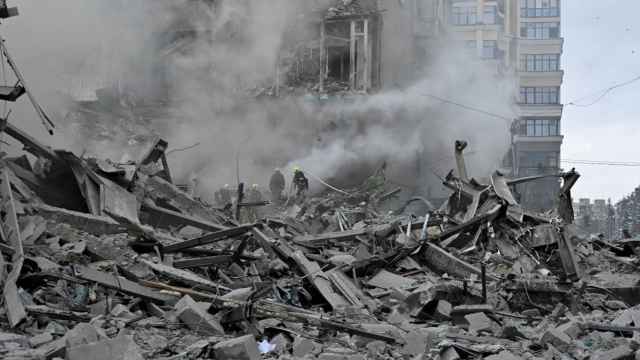Given the structure of the existing political system in Russia, public opinion polls provide a secondary function of enabling citizens to communicate indirectly with the authorities.
One such survey that the Levada Center conducted in June asked which types of domestic and foreign policies the Russian people would like the future president to pursue.
An absolute majority of Russians is in favor of leaving the current political situation unchanged. Two-thirds of respondents want the next president to be Vladimir Putin (18 percent are hoping for someone else), and 56 percent of respondents overall expect their next leader to continue the country’s foreign policy “as it is now.” Another 42 percent feel the same way regarding domestic policy.
This holds true for almost every socio-demographic group queried in the survey, although each also has its particular demands of the future president.
Of the largest such groups — pensioners, workers, and specialists — ten percent, 12 percent, and 14 percent respectively would like to see a more liberal domestic policy. Approximately the same number – 11 percent, 13 percent, and 13 percent respectively want the president to ease Russia’s foreign policy confrontation with the West.
It is also worth noting the opinion held by the more dynamic but statistically less significant groups. Among residents of major cities, 18 percent – or 1.5 times more people than the three largest groups – support a more liberal domestic policy.
That percentage is similar among executives, while an even greater share of the business community would support such a change.
Among them, even a larger group, an average of up to two times more people, support an easing of tensions with the West.
Keep in mind that these are the opinions of people who are willing to take a firm and independent stance. Those who, in conversation with a pollster, are unafraid to express views that contradict the official government line.
You could view them as opponents of the regime. But the authorities should keep in mind that such citizens protect the country from domestic stagnation and international isolation. These citizens would be the first to support the president were he to pursue the course they propose.
Overall, 12 percent of Russians favor greater liberalization in domestic policy, and 13 percent hope for an easing of the confrontation with the West. However, an even greater number advocate just the opposite. As much as 19 percent of the adult population favors greater confrontation with the West.
What is their motivation? Only psychological compensation for the hardship they endure in their daily lives. The survey finds that these are the citizens with the least to gain from the West, and with little hope of ever gaining more: the poorest, least educated, and oldest residents of Russia’s far-flung provinces.
The same pattern holds true for the 34 percent of respondents who would like the future president to take a tougher line in domestic policy.
The older and poorer the individuals, the more they want the government to crack down on those whom they believe are making their lives so difficult, never imagining that such wrath, once unleashed, would most likely target everyone, themselves included.
Because, alas, if it's going to be tough, it'll be tough for everyone.
Alexei Levinson heads the socio-cultural research department of the Levada Center independent pollster.
A Message from The Moscow Times:
Dear readers,
We are facing unprecedented challenges. Russia's Prosecutor General's Office has designated The Moscow Times as an "undesirable" organization, criminalizing our work and putting our staff at risk of prosecution. This follows our earlier unjust labeling as a "foreign agent."
These actions are direct attempts to silence independent journalism in Russia. The authorities claim our work "discredits the decisions of the Russian leadership." We see things differently: we strive to provide accurate, unbiased reporting on Russia.
We, the journalists of The Moscow Times, refuse to be silenced. But to continue our work, we need your help.
Your support, no matter how small, makes a world of difference. If you can, please support us monthly starting from just $2. It's quick to set up, and every contribution makes a significant impact.
By supporting The Moscow Times, you're defending open, independent journalism in the face of repression. Thank you for standing with us.
Remind me later.








